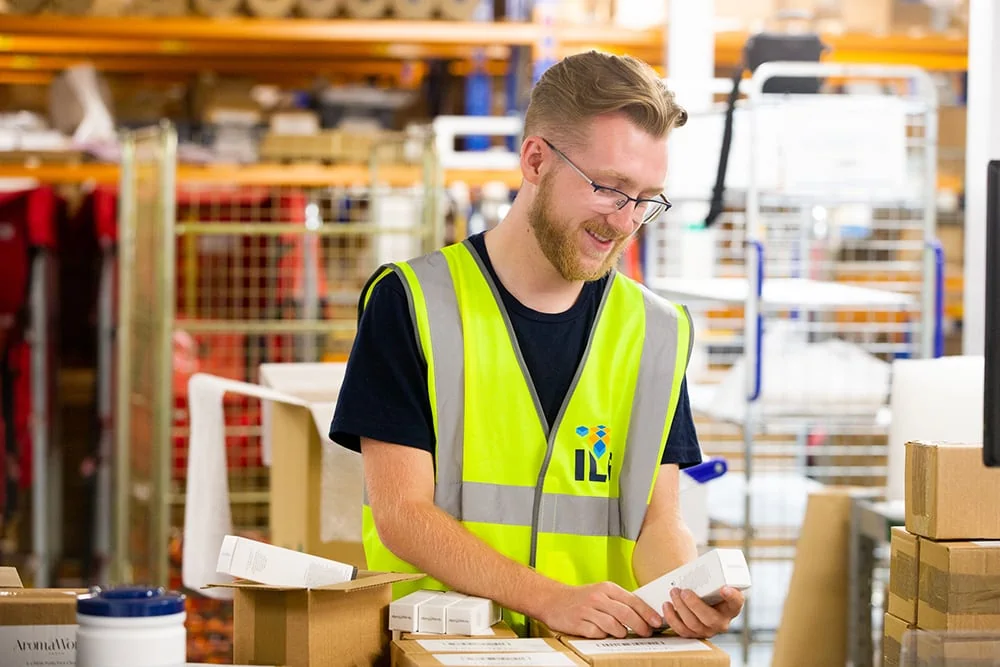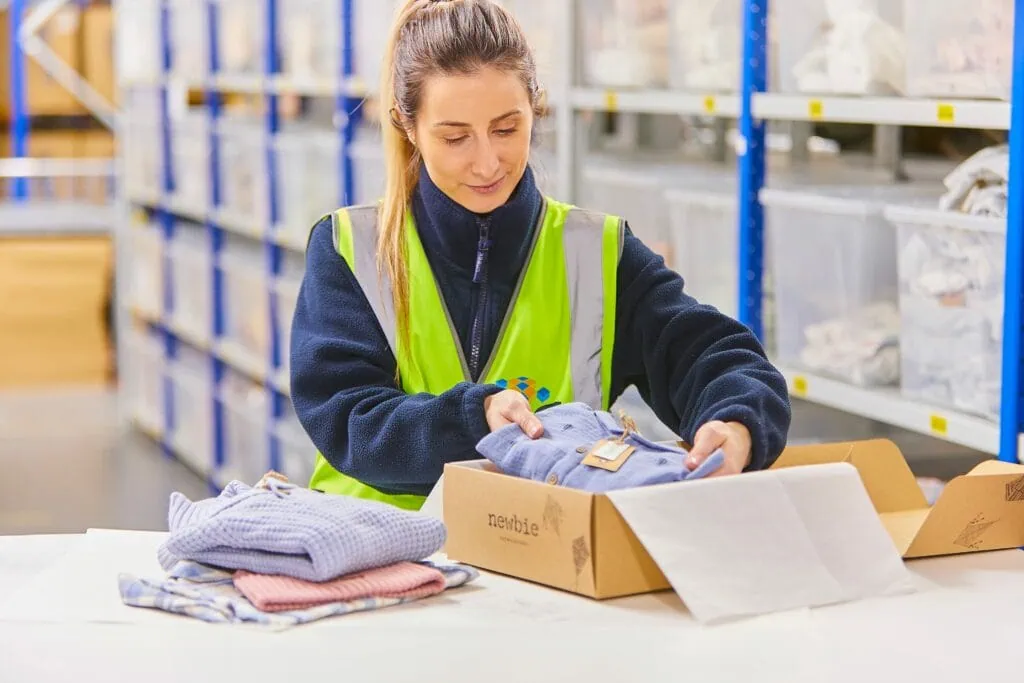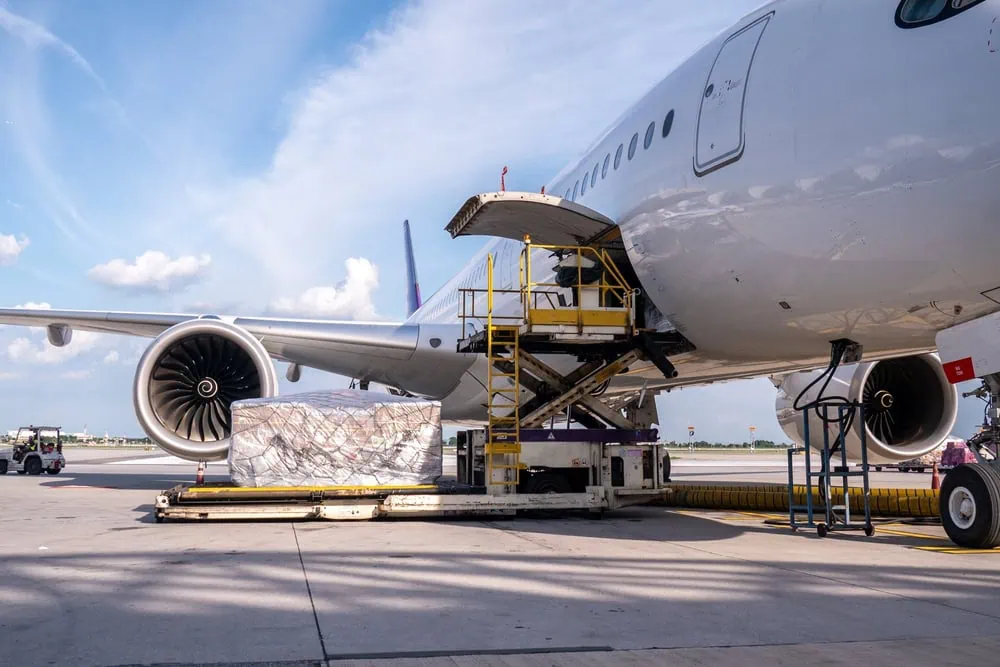
How to keep newly acquired Black Friday sales customers coming back for more
During Black Friday 2018, online shoppers in the UK spent over £1.5 billion*. Digging into where those sales come from, the majority of e-commerce brands see that a large proportion come from users who had never previously bought from their website before. Given that it costs approximately seven times more to acquire a new customer than a repeat purchase, there is, therefore, a lot to be gained from brands that not only acquire new purchases but keep them coming back for more.
Even during what is now consistently one of the busiest online retail periods of the year, customers have high expectations of the brands they buy from. A smooth, clear purchase and delivery process – from the moment they hit ‘Add to Cart’ – is not just desirable, but essential for repeat custom after Black Friday.
We have therefore put together our top retention tips to help e-commerce leaders nail their logistics and get the most out of their Black Friday Sales. If you are interested in learning more about enhancing your fulfilment and delivery processes for future peak periods, talk to ILG today.
1. Make your checkout process easy to find, follow and complete
For the sake of this article, let’s assume that you have a user on your website who has found an item they wish to purchase and been enticed by the Black Friday deal you’re offering… what happens next is crucial to whether they’ll go on to become a long-term customer.
Even though this user is happy to go ahead with this purchase now, because they know your sale is too good to miss, a poor checkout experience has the potential to make or break their long-term perception of your brand.
A smooth checkout process should:
- Be obvious on the website, generally linked to from the top navigation. Users should not have to search around to find out where they should checkout.
- Not contain too many complicated steps. Simplicity is the secret to success, especially during Back Friday when your customer might be going through multiple checkouts a day. If you do require multiple steps, progress bars help set user expectations and prevent frustration.
- Offer multiple options for payment and delivery. Giving users the autonomy to choose how they want to pay and whether they want to offer speed or price when it comes to delivery, helps them see that your brand is on their side.
2. Provide a communicative delivery process
As soon as your customer has completed their purchase, it’s important to reassure them that their order is in process. Communication is key.
Ask your users how they best like to be kept updated, whether it’s through email, SMS, or an app, and provide them with helpful updates along the way. The number of updates required will, of course, depend on the length of your expected delivery time but generally, we recommend notifications for:
- Completed purchase, with the estimated delivery date
- Delivery despatch notice
- Pre-delivery update (“Your delivery is arriving tomorrow between [times]”)
- Post-delivery update
3. Delight customers with the unboxing experience
Packaging can have a huge impact on a first-time customer’s perception of your brand. You have an unmissable opportunity here to impress with aesthetically pleasing, memorable and eco-friendly packaging – especially if you know that’s something that your customer base cares about.
Many e-commerce brands choose to ‘surprise and delight’ their customers with unexpected free gifts in their delivery (could be as simple as a packet of sweets or stickers), brand brochures or discount codes to encourage future purchases.
The holy grail of packaging is making customers want to capture ‘unboxing videos’ to share with their friends and social following. Not only does this move them immediately into the ‘brand advocate’ bucket, but it drives awareness of your brand and products in their social circle.
With Black Friday, however, there is a compromise to be made. Overcomplicated packaging can slow down your fulfilment processes at a pivotal, peak time – as well as damaging your bottom line. Check out more information on streamlining your Black Friday packaging here.
4. Make the returns process straightforward
An influx in transactions during the busy Black Friday sales period will inevitably lead to an influx in returns. It’s important to remember that returns don’t always mean that a consumer is dissatisfied with your brand, just that the particular product wasn’t for them.
A poor returns process has the potential to turn a customer off your brand for good, which is why we always live by the principle that retailers should treat returns with as much diligence as the initial delivery. Our top tips for easy returns are using re-seal and re-use packaging, as well as providing users with printed-out labels to attach to the item – so they don’t need to print their own.
Offering free returns obviously helps to boost customer sentiment when it comes to sending products back, but you should be careful with this during periods of expected high returns that it doesn’t come at too much of a cost to your brand.
5. Offer helpful customer support
New users who have never bought from your company before are much more likely to have questions and need support along the way. Providing helpful and personalised customer support can therefore play a significant role in whether they wish to purchase from you again. A survey by Hubspot found that 90% of consumers rate a response within 10 minutes as being “very important” when they have a customer service question**.
Especially in the run-up to the Black Friday madness, we recommend that you take some time to question whether your customer support options are as visible as they could be across your website, social platforms and emails.
Don’t have time to manage this in-house during the busiest time of the year? There are plenty of tools out there, like Zendesk and Gorgias that help to optimise and automate your customer service processes.
6. Plan a post-Black Friday email retention strategy
A well-executed e-mail strategy is one of the most powerful tools in the e-commerce toolkit for retaining first-time customers. Sending out tailored, engaging e-mails based on your different customer segments is a great way to keep the conversation going with your new customers long after Black Friday.
Looking for a long-term partner to help streamline your peak sales periods going forwards? Find out more about our outsourced order fulfilment and global delivery services.
This article has been written in collaboration with Emily Power, Strategic Lead at Reload Digital, ILG’s digital marketing partner who shares our enthusiasm for growing flourishing e-commerce brands. Emily has written an accompanying article on turning first-time purchasers from COVID-19 peaks into long-term brand advocates.
*https://www.salecycle.com/blog/featured/11-black-friday-and-cyber-monday-online-retail-stats/
**https://blog.edesk.com/resources/why-your-black-friday-customers-never-come-back/
Contact Us
More insights >
How Partnering With a 3PL Can Make Shopify Fulfilment Easy
This guide explores how partnering with a 3PL who understands Shopify can make a real difference to your fulfilment capabilities – and to the happiness of your end customers.
DAP vs DDP: Which International Shipping Strategy is Right for You?
There are several shipping strategies available to e-commerce businesses, and choosing the right one is important. Read our guide to explore DAP and DDP shipping options.

